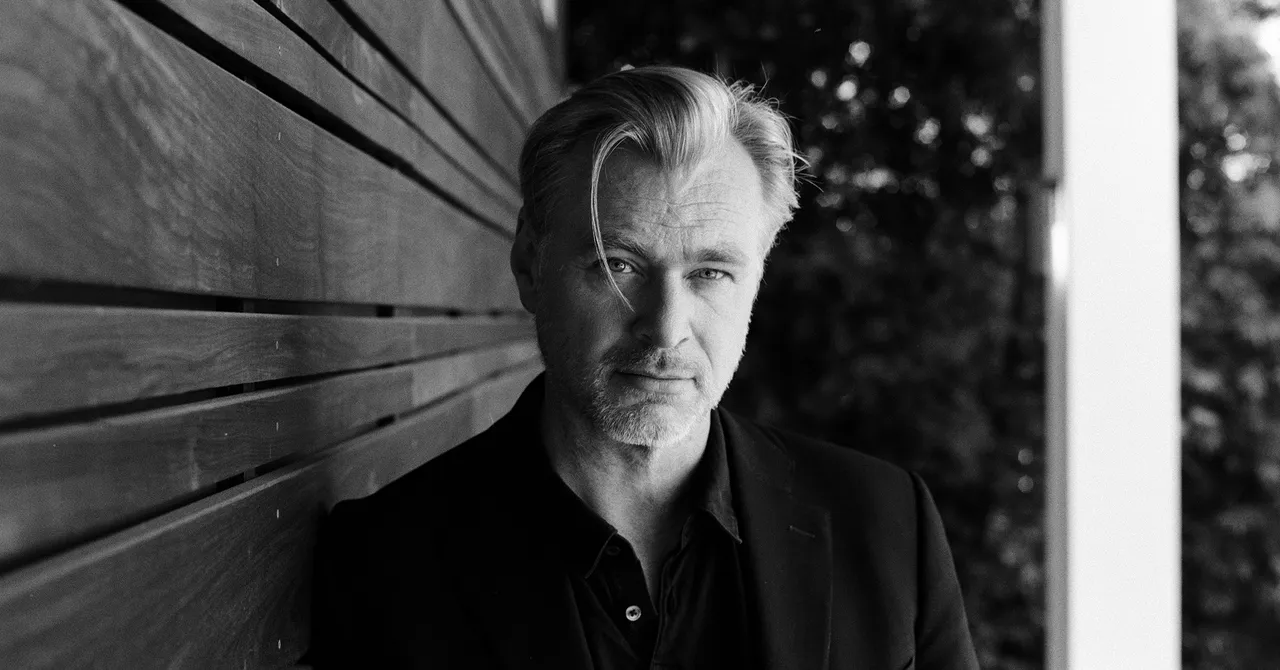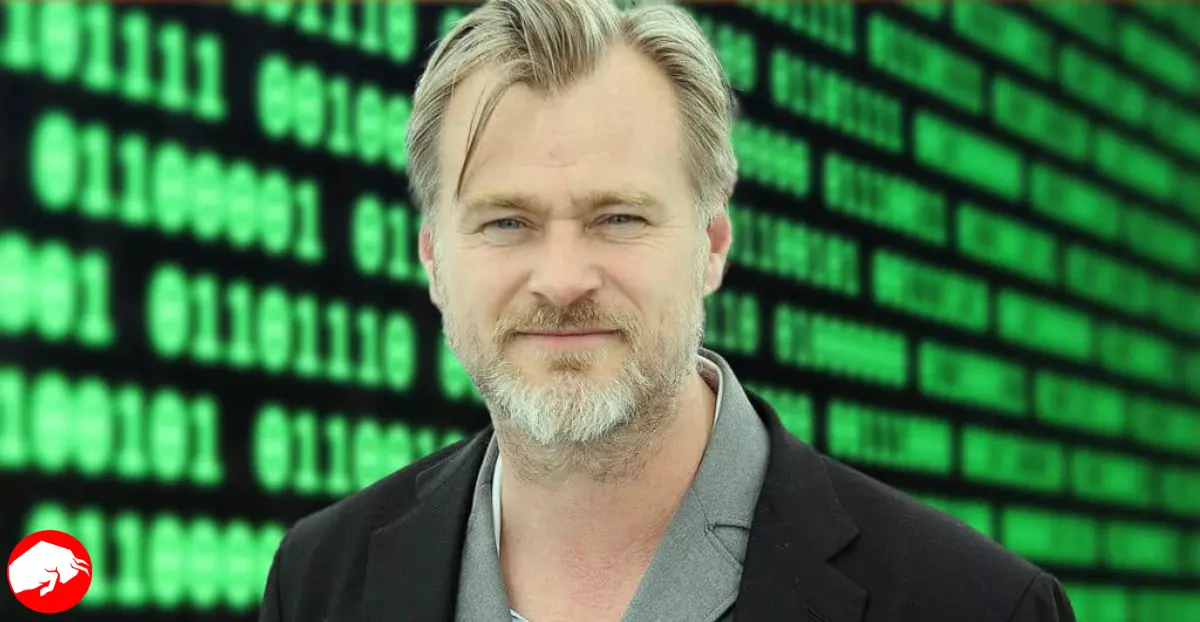As the summer blockbuster season kicks into high gear, the battle for box office supremacy has taken an unexpected turn with the anticipated cinematic clash between the historical drama Oppenheimer and the colorful, playful Barbie. This riveting rivalry, fondly dubbed Barbenheimer by the media, is set to captivate audiences worldwide.
As Christopher Nolan, the celebrated director behind Oppenheimer, unravels his latest masterpiece, he raises profound questions about humanity’s relationship with technology that resonate far beyond the silver screen.
A Historical Tale with a Modern Message

Christopher Nolan, the mastermind behind notable hits such as Memento, Dunkirk, and the Batman trilogy, has built a reputation for transforming complex themes into captivating cinema. In his newest venture, Nolan revisits the historical narrative of the atomic bomb’s creation, using this profound story to reflect our contemporary dealings with Artificial Intelligence (AI).
In a recent interview, Nolan suggested that our current anxieties surrounding technology can trace back to the historical figure of Robert Oppenheimer, the lead physicist responsible for the world’s first nuclear weapon.
According to Nolan, the work that Oppenheimer and his team at the Los Alamos Laboratory carried out represents “the ultimate expression of science… which is such a positive thing, having the ultimate negative consequences.”
Parallels of Fear: The Atomic Age and the AI Era
This poignant assertion strikes a chord in our contemporary society, wrestling with the exciting yet daunting advancements in AI. Today, we face a similar paradox to the one posed by the advent of nuclear technology in the 1940s: the fear of potentially uncontrollable consequences born out of monumental scientific progress.
Cillian Murphy, the actor stepping into the shoes of the conflicted physicist in Oppenheimer, poignantly stated: “That was a moment in history. This is one too.”
It seems the phrase ‘Oppenheimer moment’ has found its way into the lexicon of AI researchers, underlining the disquieting parallels between the first atomic tests and our current exploration of the AI frontier.
The Burden of Responsibility: A Cautionary Tale
Delving deeper into the heart of Christopher Nolan’s cinematic masterpiece, one can’t help but ponder: What exactly does the director wish his audience to extract from these historical snapshots? How does the tale of Robert Oppenheimer in the 1940s reverberate with the echoes of our time, particularly for those knee-deep in the exciting yet daunting world of artificial intelligence?
Nolan, the eminent storyteller that he is, underscores the profound relevance of Oppenheimer’s narrative in our current technological context. He draws an explicit line of comparison, suggesting that today’s AI research and development pioneers should look to the past, to Oppenheimer’s story, as they tread the tricky terrain of modern innovation.
In his own words, “Those now working on AI look at his story for some guidance as to what is their responsibility – as to what they should be doing.”
But the cinematic auteur doesn’t leave it at that. He adds a layer of caution to his historical analogy, emphasizing the potential perils accompanying technological breakthroughs. He candidly warns that Oppenheimer’s narrative serves as more than just a guiding beacon – it’s also a stark reminder of the unforeseen dangers that can lurk within the shadows of scientific advancements.
He urges us to see Oppenheimer’s journey as a cautionary tale, a sobering revelation of the devastating pitfalls that could potentially lie in wait.
The Weight of Technological Advancement: No Simple Solutions
At the heart of Oppenheimer lies the unbearable dilemma faced by the scientists involved in the Manhattan Project. Tasked with developing the atomic bombs later used in Hiroshima and Nagasaki, these individuals were caught between their quest for scientific discovery and the dreadful implications of their work.
In an era of rapid technological growth, Nolan reminds us that “the emergence of new technologies is often accompanied by a dread about where that might lead.” The more we strive towards progress, the greater our fear of the unknown becomes.
History Repeats Itself: The Return of Nuclear Fear
As the narrative of Oppenheimer unfolds on-screen, a similar story unravels in our world today. The recent war in Ukraine has breathed new life into the dormant fears of a nuclear Armageddon, a sobering reminder of the persistent threat of nuclear catastrophe.
Actor Matt Damon, who personifies General Leslie Groves in Oppenheimer, highlighted the poignant timeliness of the film, stating, “As soon as Russia invaded Ukraine, suddenly overnight it became the most important thing for us all to think about again.”
This haunting comment underscores how the narrative of Oppenheimer resonates with our contemporary reality.

As the battle of Oppenheimer vs. Barbie heats the box office this weekend, the film serves as more than another summer blockbuster. It is a clarion call to all of us, a reminder of the delicate interplay between scientific advancement and the potential devastation it can wield. Christopher Nolan has once again reminded us of the power of cinema to reflect our collective fears, hopes, and dilemmas in a world grappling with the challenges of uncharted technological frontiers.









